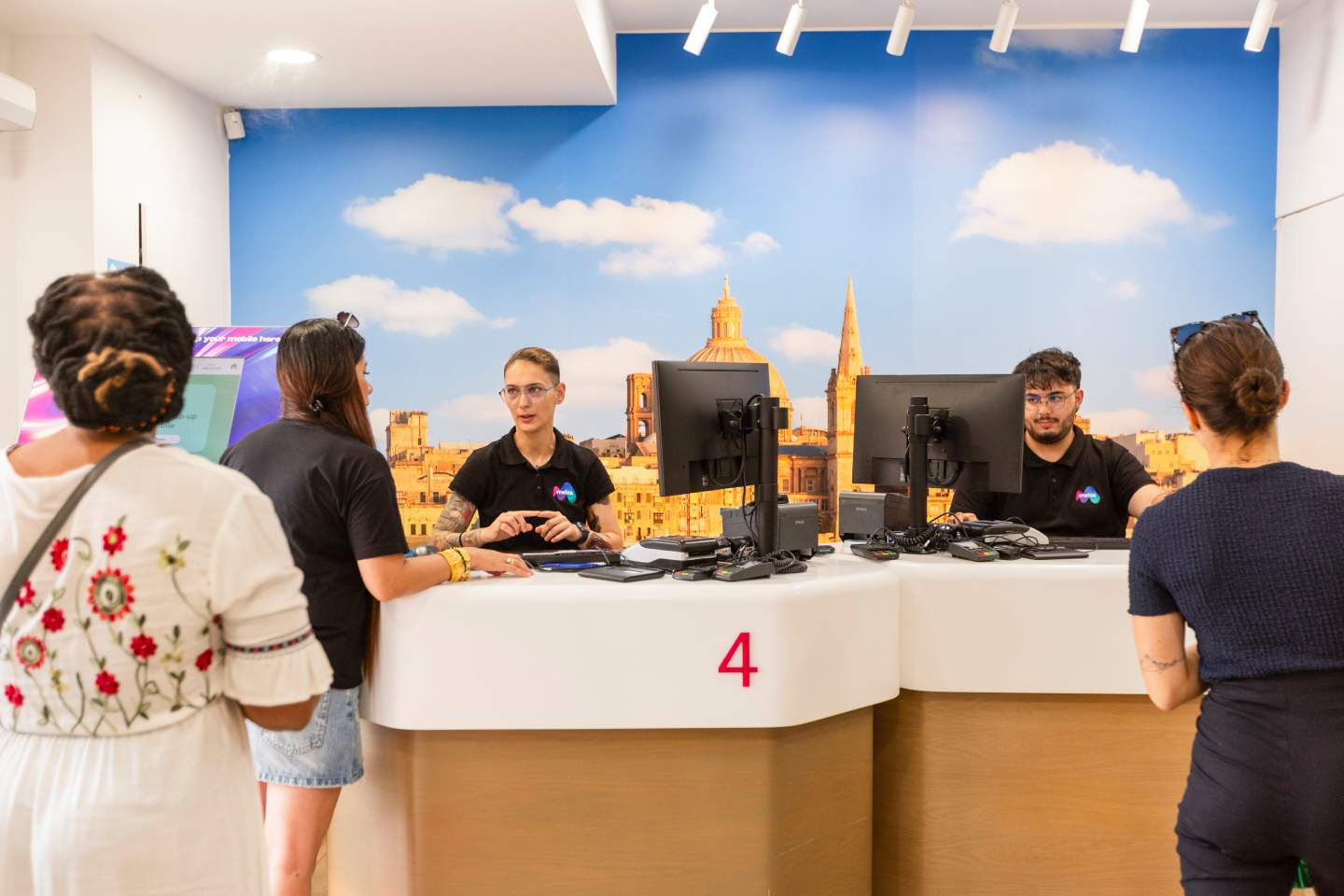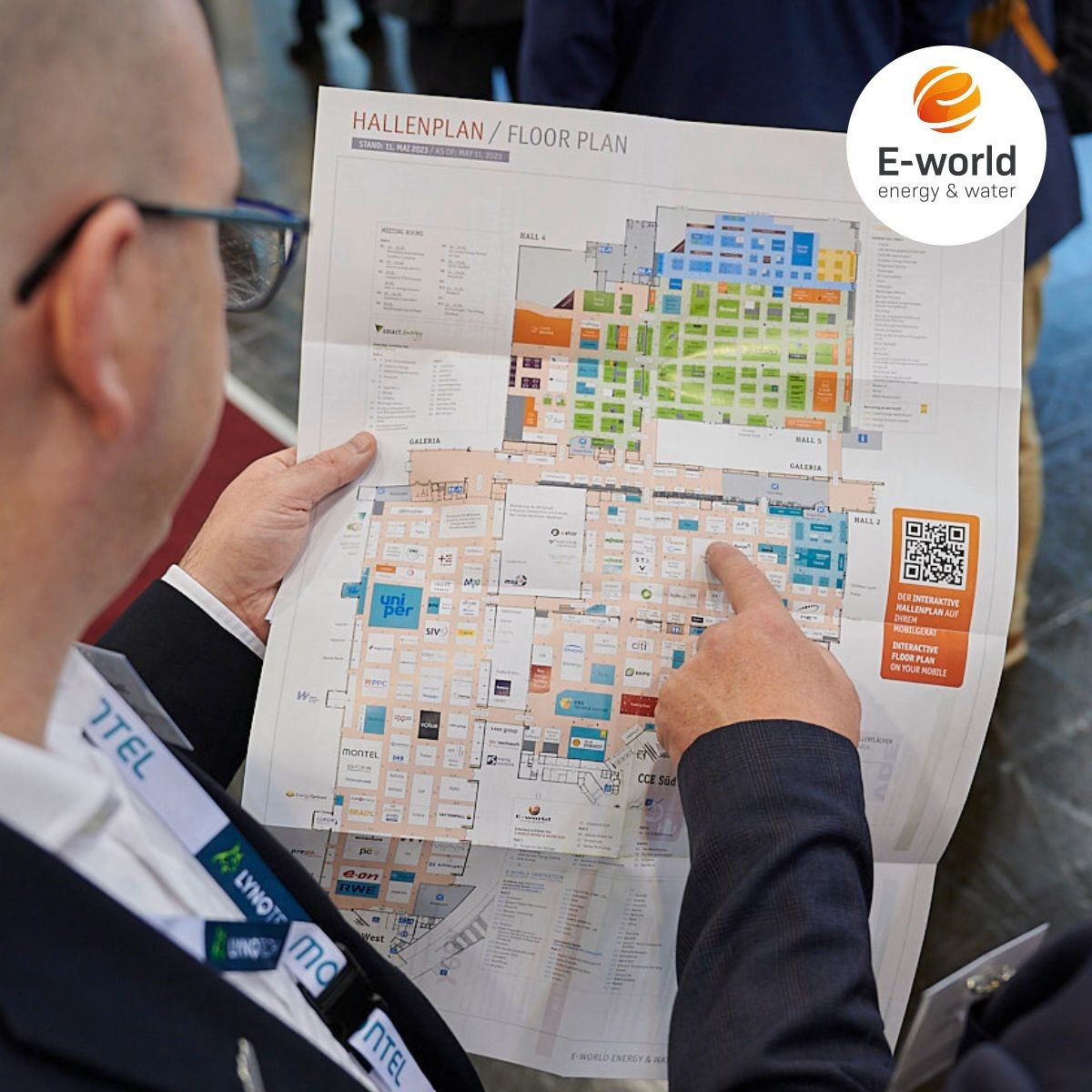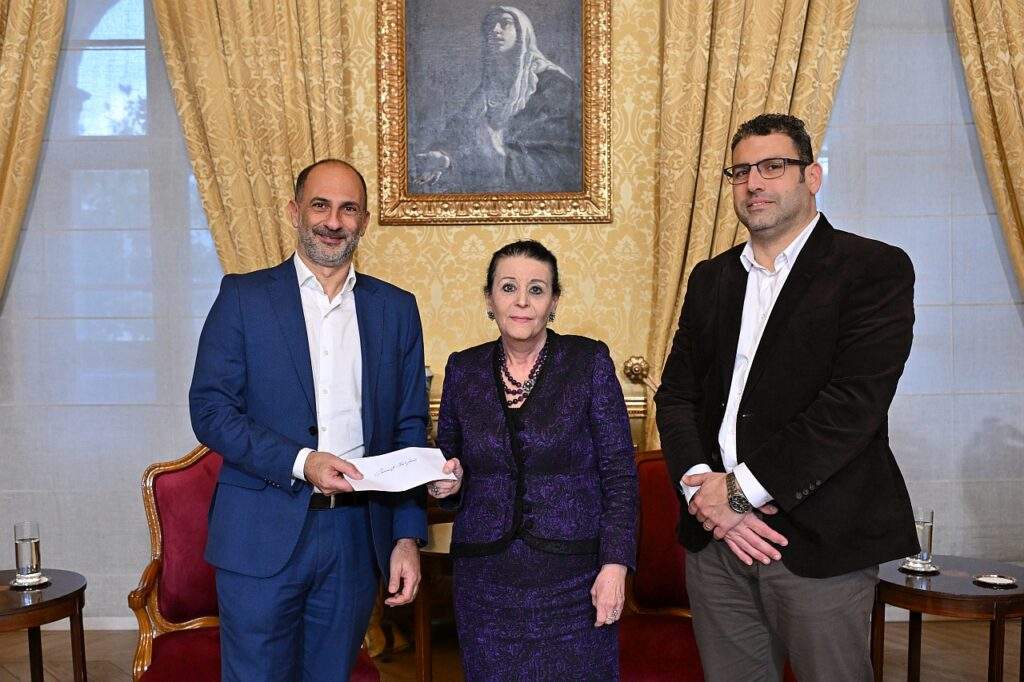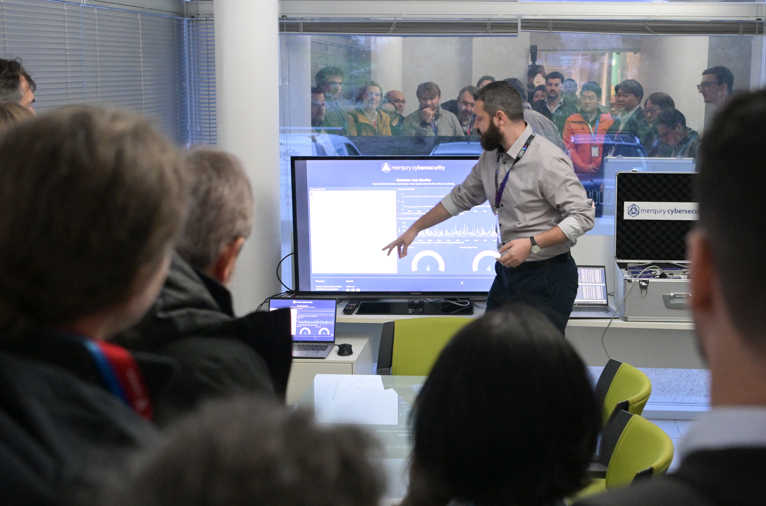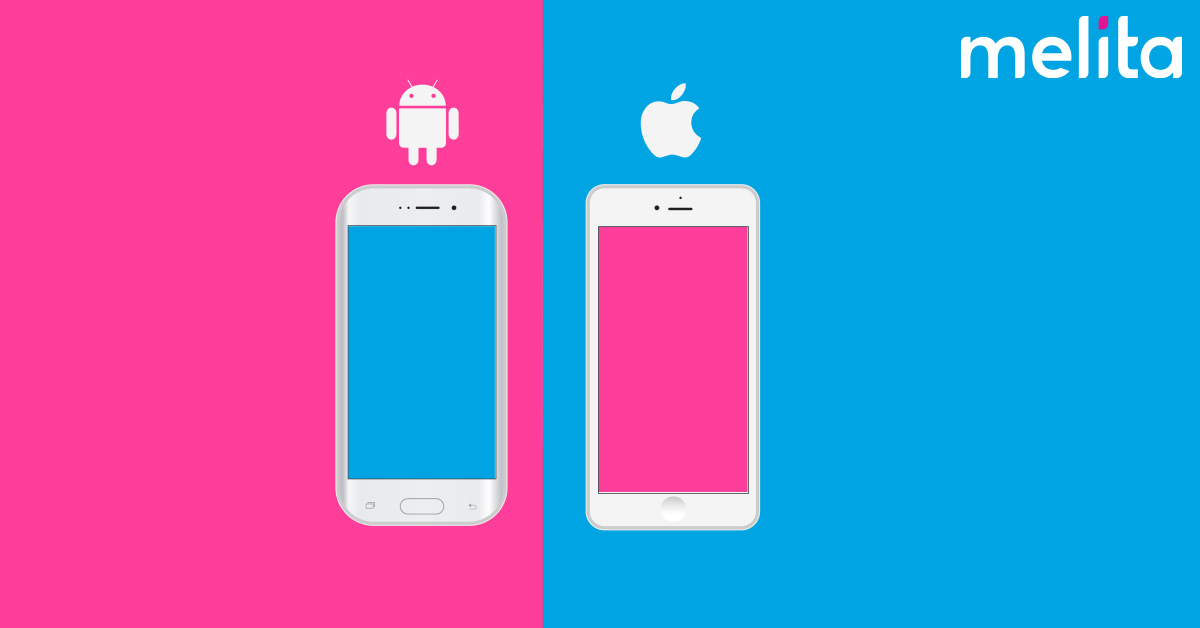
Mobile phones are our connection to the outside world and these days we tend to have them on us wherever we go. They have become an almost inseparable part of our body, often leaving us feeling lost when we can’t find them in our pockets or locate them in our handbags.
With such high importance placed on this small piece of powerful technology, we all have a habit of getting rather passionate about which device is going to be our ‘semi-permanent’ physical accessory.
Deciding between the best operating systems in the world is never easy, yet we still have a habit of leaning one way or the other.
Android or Apple? The debate begins.
We’ve all been there. Sat down for a meal or a few pleasant drinks with a group of friends, when the conversation turns to which mobile phones are better, because someone in the group needs a new device. Suddenly everyone is discussing, at times rather heatedly, why their device is the ‘best mobile phone’, reeling off a list of its top features.
Most of the time there’s a clear divide. Half the room is in favour of Apple and their iOS operating system, and the other half is raving on about Google’s Android OS.
Occasionally, you’ll find the odd person who’s a Windows OS fan, waving their Nokia Lumia 640XL mobile phone around in everyone’s faces and calling it the next best thing since sliced bread. Or perhaps somebody who has a less expensive, but solid Nokia mobile phone with a Symbian OS claims that there is ‘no need for all the plush extras’ found on the higher-end models of smart-phones.
There are even online quizzes and games testing your likes and dislikes and confirming which operating system is most suited to your personality.
So, while the roundtable debate is still well underway – what does the rest of the world say about the most popular phone OS?
Based on market statistics – Android has taken over as the most popular operating system with Samsung’s Galaxy series coming out on top across several tech review websites.
Techradar may have also just voted the Samsung Galaxy S9+ one of the best smartphones in 2018, but with the recent release of the most expensive (and biggest) iPhone so far, the iPhone XS Max, Apple are going to give them a run for their money. The iPhone XS Max has delivered a handset screen that competes with even the biggest Android rivals. Don’t fret though, a smaller, slightly cheaper option is available with iPhone XS.
What really makes Apple’s iOS and Google’s Android offer such different user experiences? They are just mobile devices, aren’t they? You can make and answer calls, browse the web and emails, take and edit photos, connect to social media… the functionality is the same, isn’t it?
Well – not exactly.
Here’s a few of the key differences between the two most popular mobile phone operating systems.
- Android is an open source system, whereas iOS is closed, with some open source components.
- Android is highly customizable, whereas iOS has very limited customization. Android also has fewer limitations on the kind of apps you can download from its Play store. Plus you can download Android apps from other places than just the Play store itself.
- Android offers highly customizable widget-based design, whereas Apple’s iOS doesn’t – apart from the Notification Centre.
- At any given time most Android users are not running fully updated patch software as manufacturers tend to lag behind on this. Whereas Apple users will very rarely encounter any malware issues as they don’t go (can’t go) outside the App Store for apps. This also means that iOS offers better security over what the apps on the App Store have access to on the user’s device, such as your contacts and location.
- It’s easier to post updates and share on social networks using iOS than Android due to the deep integration of these platforms with iOS.
There are many other distinct differences between the two, but it’s not just as simple as drawing up a chart and seeing which OS feature beats the other.
It’s also down to the person who uses the mobile phone. Some people might want better cameras, whilst others want the flexibility of saving files easily to their mobile devices. Others might value longer battery life over mobile gaming speeds.
The best mobile phone is always going to be the one that gives you the features that matter most to you.
Back to the roundtable discussion and somehow the room still seems to be split between the avid iOS fans, who wouldn’t dream of having any other device than the latest Apple iPhone, and the passionate Android OS fans who appreciate the choice between a Samsung, Huawei, HTC or even a Nokia phone model – all still able to run with the flexibility of an Android OS.
Sometimes price can be a drawback.
High-quality tech and materials mean that the most desired phones are often the ones just out of financial reach. That’s when something like Melita’s pay monthly mobile plans make a lot more sense. A small affordable deposit and then a small amount each month and the device of your dreams is right there in the palm of your hands.
And with 10Gb of free WiFi from Melita when you’re out and about, you get to maximise your mobile phone even more. Plus, it’s totally free if you’re a Melita mobile or Melita internet client.
What it comes down to is that we are all unique people, with very clear preferences over what we like, what we need and what, at the end of the day, we’re willing to wear as an extension to ourselves.
I know precisely what type of mobile phone I love. Do you?
Have a look at the full list of mobile phones we have on offer right now.


